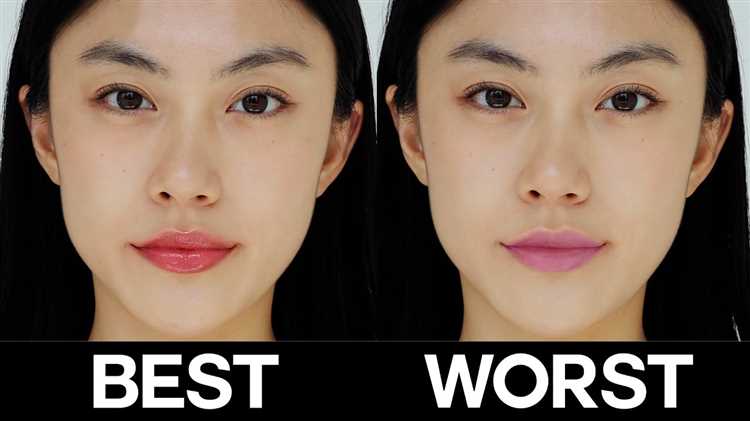Every author’s journey begins with an unquenchable
In today’s society, individuals reaching their
In today’s fast-paced world, many individuals
In the era of ever-changing trends, age should never
In the vast landscape of human connections, where hearts
Past civilizations hold an undeniable fascination for
As individuals progress through their professional
Discover the secret to unleashing your natural allure
Welcome to our article that unveils a selection of
As we age, our hairstyle becomes an important expression
In a world where trends come and go, it can sometimes
As we embrace the beauty of aging, finding effective
Our appearance is a canvas for self-expression, and
As the years gracefully unfold, so does your sense of style.
As individuals reach their golden years, finding a
As women age, their eyes undergo various changes, and
When it comes to commemorating our lives, we often

















